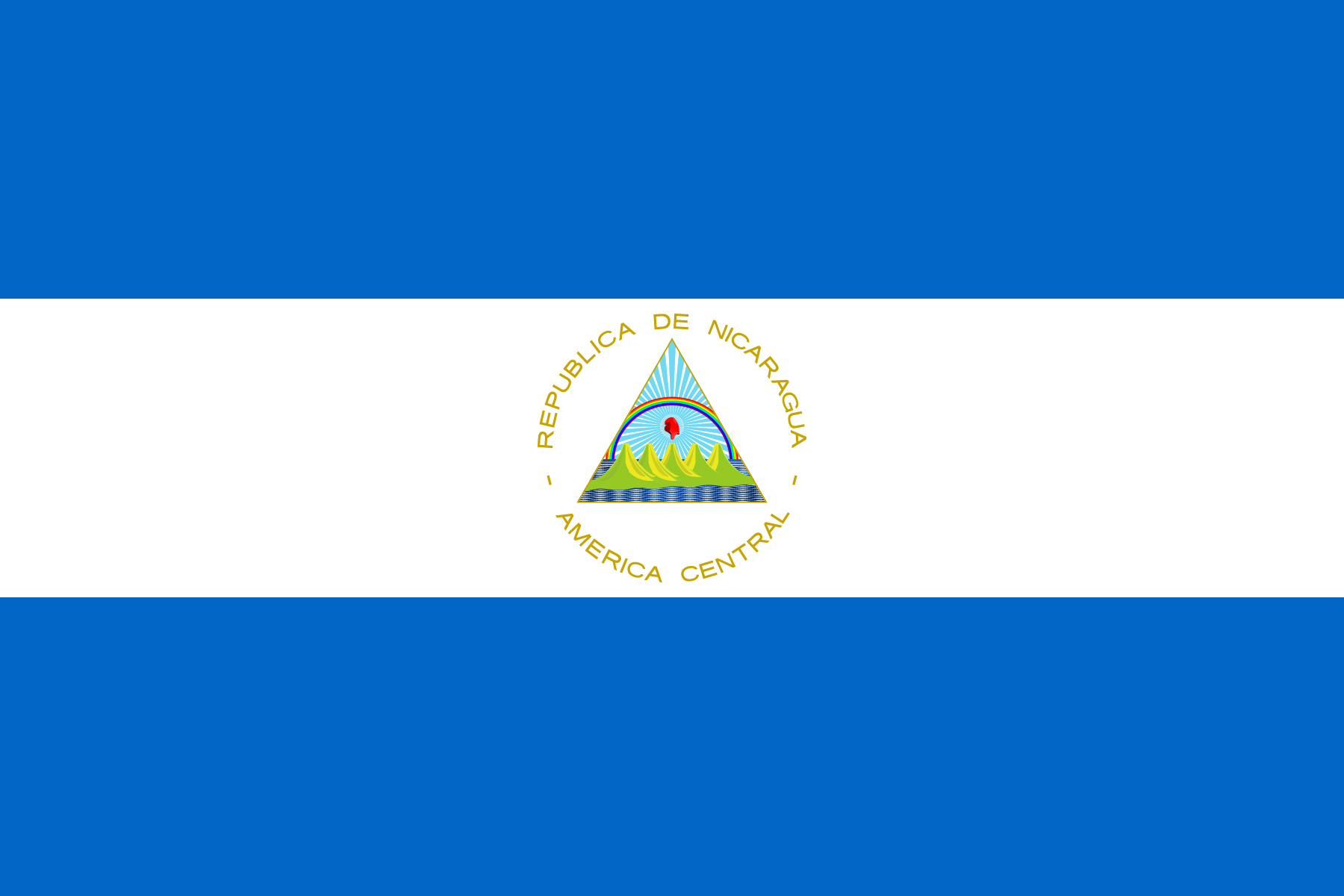
International community must protect Nicaraguan opponents exiled in Costa Rica
ISHR and the Colectivo 46/2 condemn the assassination of opposition leader Roberto Samcam Ruiz by the Nicaraguan Government.
© Photo: ISHR
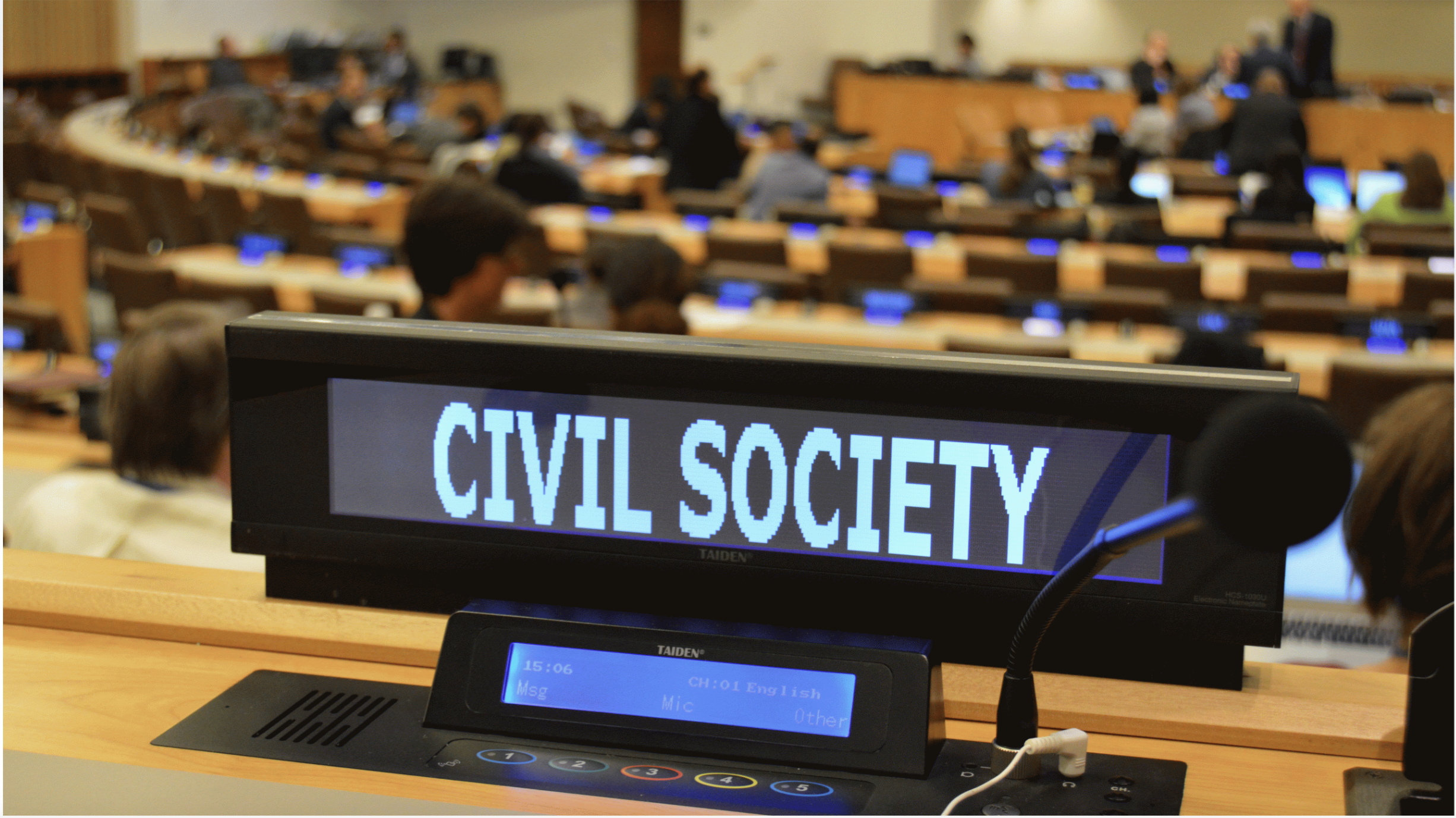
As the ECOSOC Committee on NGOs faces severe challenges in fulfiling its mandate on civil society participation at the UN, Costa Rica and the UK propose a draft ECOSOC decision to reform the Committee's working methods.
Last week, the ECOSOC Committee on NGOs concluded the first regular session of 2024. While the Committee continued its strongly criticised practices of denying NGOs accreditation through politically motivated tactics this session, applicant NGOs, certain Committee members and UN heads, unanimously called for systemic and urgent reform of the Committee.
This session, the Committee examined 508 applications for consultative status with ECOSOC. 214 of these NGOs were new applicants and 294 had been deferred from previous years. Only an abysmal fourth, 25.98% of the total NGOs under consideration were granted consultative status (132 in total). This is a significant drop from an already low accreditation rate of 38% and 33% in the regular and resumed sessions respectively of 2023.
Applicant NGOs as well as as certain Committee Members expressed that the Committee was blocking NGO access to the UN through politically motivated and arbitrary questions. During the interactive in-person session with NGOs, a representative of the NGO Human Social Care Foundation emphasised on five occasions to Pakistan that they had already answered the questions being asked. Later in this exchange, the United States delegate also expressed that the NGO was being asked the same questions repeatedly in spite of already responding. These unfair repetitive questions are a misuse of power by Members, resulting in NGOs being denied accreditation for many years, in some cases for over a decade.
These barriers to NGO engagement at the UN are compounded by the UN’s inability to adequately support the growing interest of NGOs hoping to engage with it. Chief of the NGO Branch Wook-Jin Chang noted that the NGO Branch of the Secretariat is vastly under-resourced to support the growing number of NGOs in or seeking consultative status and called for greater financial resources to enable the Committee to function effectively. According to him, the limited resources had resulted in an inability to fill vacant positions or upgrade the ICT platform for several years.
Against this backdrop, the delegate of Costa Rica (on behalf of itself and the UK) announced that they would introduce a draft ECOSOC decision to improve the working methods of the Committee. This decision, Costa Rica said, was the result of the Committee’s failure over several years to achieve consensus on reforming its current working methods which hampered its ability to fulfill its mandate under ECOSOC Resolution 1996/31 of enabling civil society participation at the UN. Unsurprisingly, the announcement received mixed responses, with certain Committee Members such as Algeria, Cuba, China, India and Türkiye strongly opposing the decision by Costa Rica and the UK to take the issue of reforming the Committee’s working methods to its parent body.
‘We welcome the announcement by the UK and Costa Rica to introduce a decision on reforming the working methods of the Committee, and the commitment to civil society participation at the UN,’ said ISHR’s Maithili Pai. ‘The problems plaguing the Committee have severely jeopardised its ability to fulfill its mandate over many decades. While this decision is not a panacea, it is a long overdue step in the right direction,’ she added.
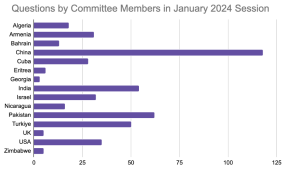
© Graphics: ISHR

ISHR and the Colectivo 46/2 condemn the assassination of opposition leader Roberto Samcam Ruiz by the Nicaraguan Government.
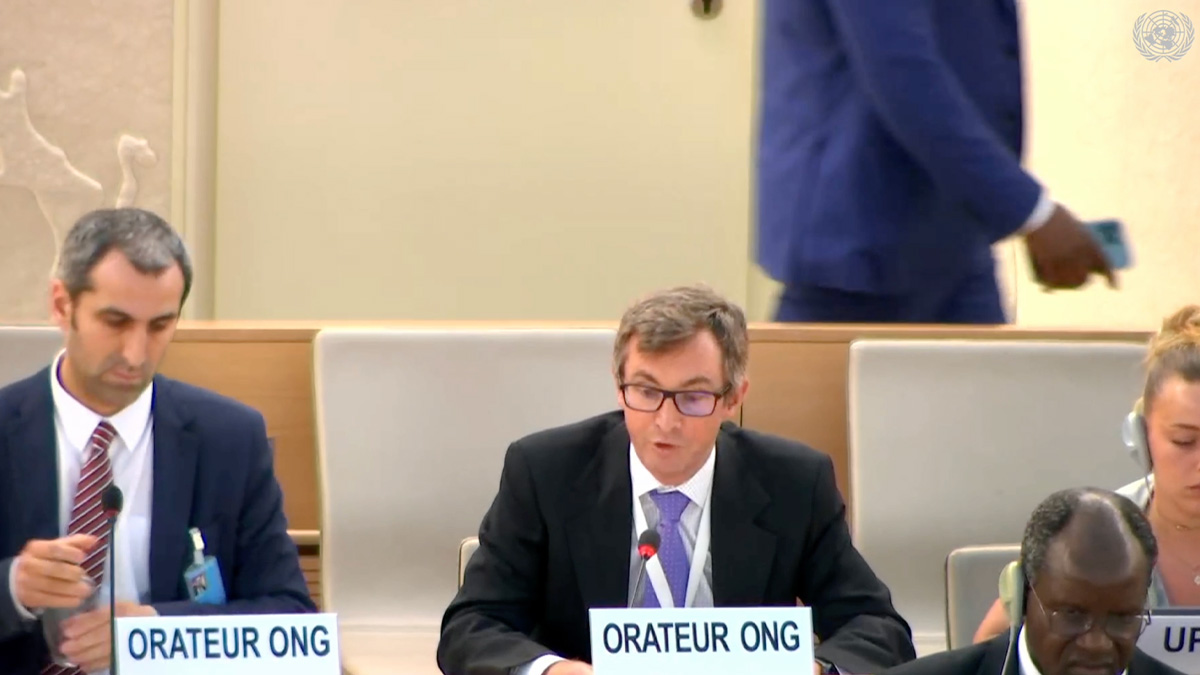
In a statement at an interactive dialogue on the annual report of the High Commissioner, ISHR Executive Director Phil Lynch called on States to support the work of defenders and to pay their UN dues.
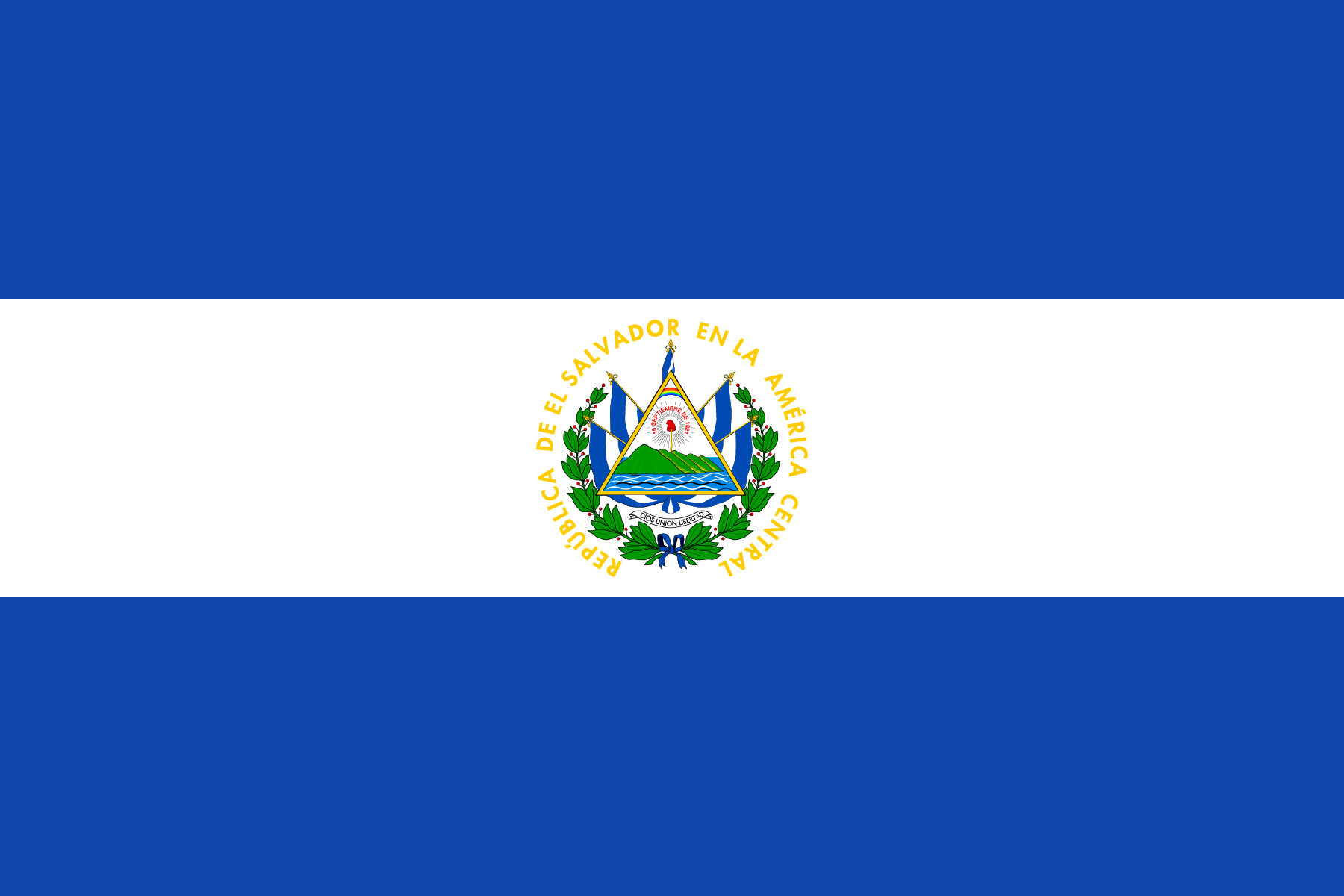
ISHR joins organisations from across Latin America and beyond in condemning the adoption of a 'Foreign Agents' law in El Salvador that seriously threatens independent civil society in the country.